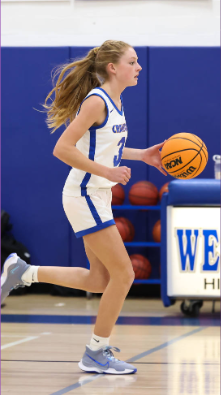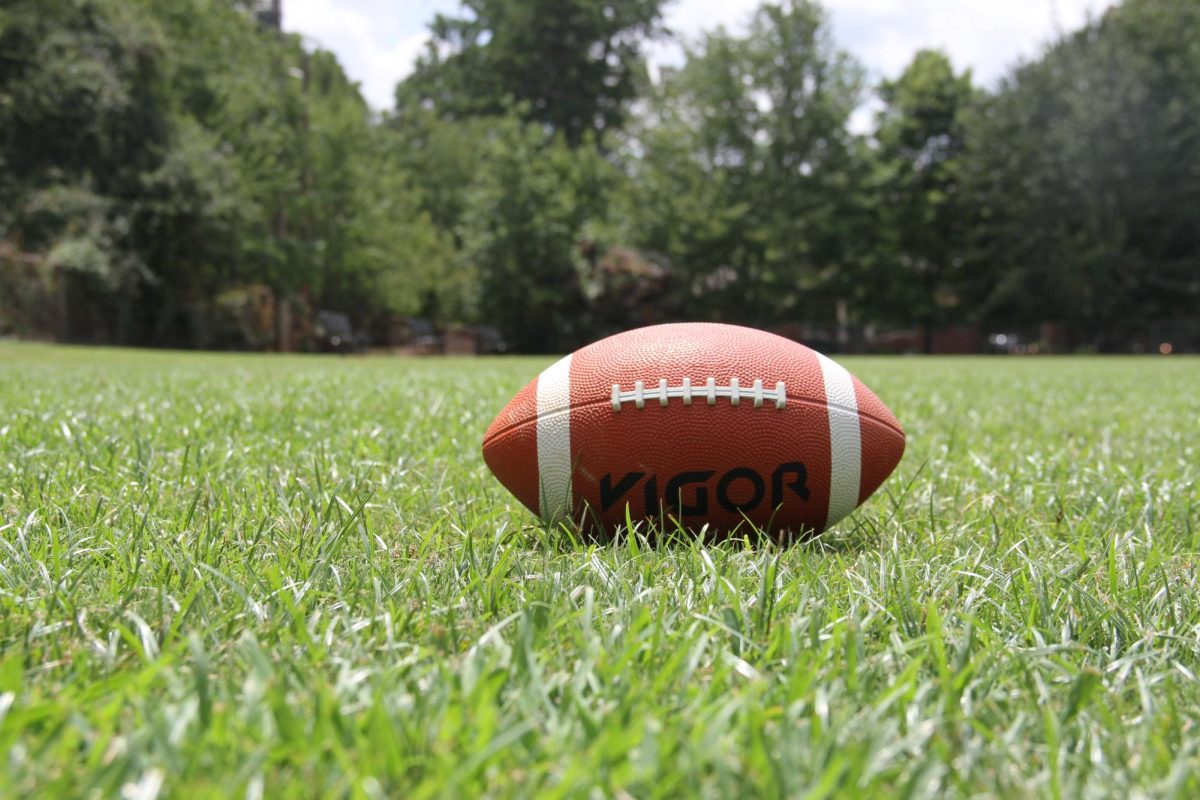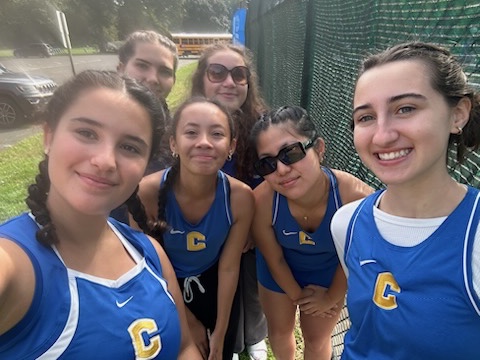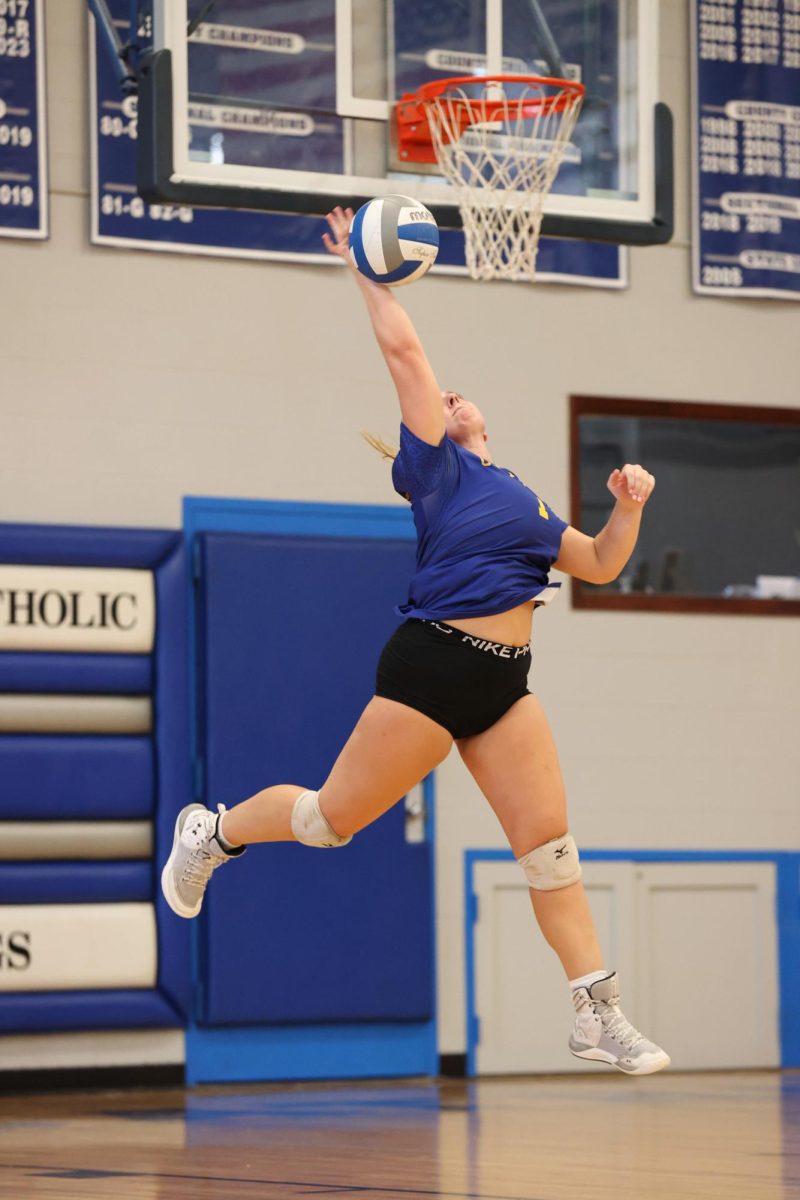Everyone knows how difficult it is to manage the start of a new school year, especially student athletes who have to balance their practice and game schedule as well as uphold respectable grades. Coaches preach that “education comes before sports,” but in reality, if you’re not at practice, you’re not playing. However, Mr. Bartolick, one of the cross country coaches at Cranford High School refutes this sporting stereotype, saying that “one of the many benefits of running cross country is the fact that you can essentially train from anywhere…[students] can workout on [their] own outside of the traditional confines of practice” (Bartolick). In addition to at-home workouts, practices can be shortened to ensure that students can balance their work. Bartolick elaborates on Cranford’s modified cross country practices, saying that “we [the coaches] will typically allow for a shortened practice (i.e., running three miles instead of five) for someone who needs to leave early for a school commitment, so students are typically able to balance their educational component with athletics in cross country due to this reason.” (Bartolick). To other student athletes who do not run cross country, this leniency may seem ridiculous, yet this type of practice adjustment isn’t just for Cranford Cross Country: it’s nationwide. Sparking controversy around other sports and their standard practice protocol. Should all other sports allow for this type of freedom?
Student athletes have historically chosen their sport over their schoolwork, which can cause detrimental effects to their grades, sometimes forcing them to fall behind academically. Olivia Martinez, a junior on the Cranford Volleyball team, expresses her discontent regarding the management of her work and sports. Saying that, “I wish coaches would be more lenient about letting their players miss an occasional practice to catch up on work and for it not to be punished in the next game.” If students are not allowed to miss practice to complete their schoolwork, when will it get done? Athletes tend to complete their work late at night and according to the NCAA Sports Science Institute, on average students reported they are experiencing three to four nights of “insufficient” sleep a week. It’s really no surprise, after considering the mental load of a full day of school, homework and then an after-school physical activity, that student athletes are exhausted. Martinez continues her previous statement by saying that she compensates for her lack of sleep by drinking coffee almost every time she feels like she is “beginning to slip.” Articles published in websites like WoopUnite depict a negative correlation between sleep and excessive coffee drinking, stating that “to counter sleep debt, people will often reach for caffeine to gain a superficial energy boost. Caffeine increases energy and reduces sleepiness, but it cannot replace proper sleep. It also won’t help sleep-deprived people perform higher-level tasks any better. Caffeine is virtually ineffective in mitigating the effects of sleep deprivation on cognitive performance.” (WoopUnite). Essentially, drinking too much coffee cannot replace a good night’s sleep, but many athletes are forced to sacrifice rest to keep up with their schoolwork. Student athletes are affected both physically and mentally while trying to manage the workload and their rigorous schedules, so why shouldn’t practices become more flexible to accommodate their overall health?



















